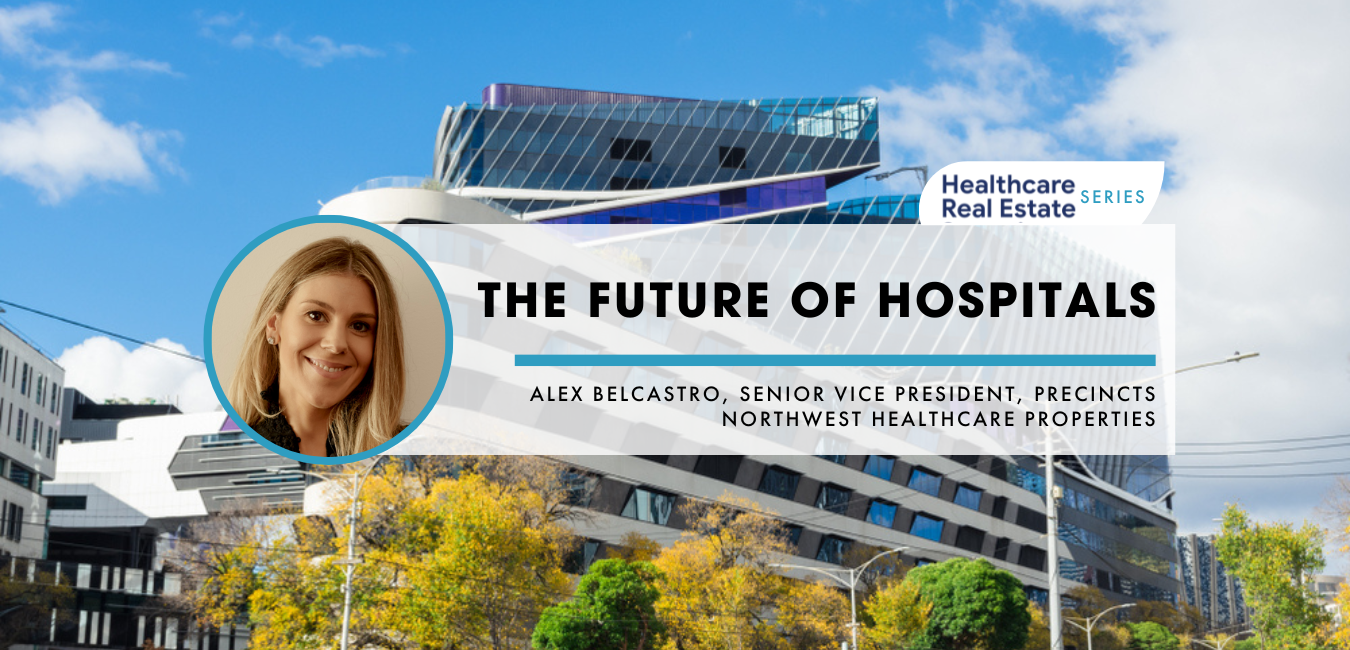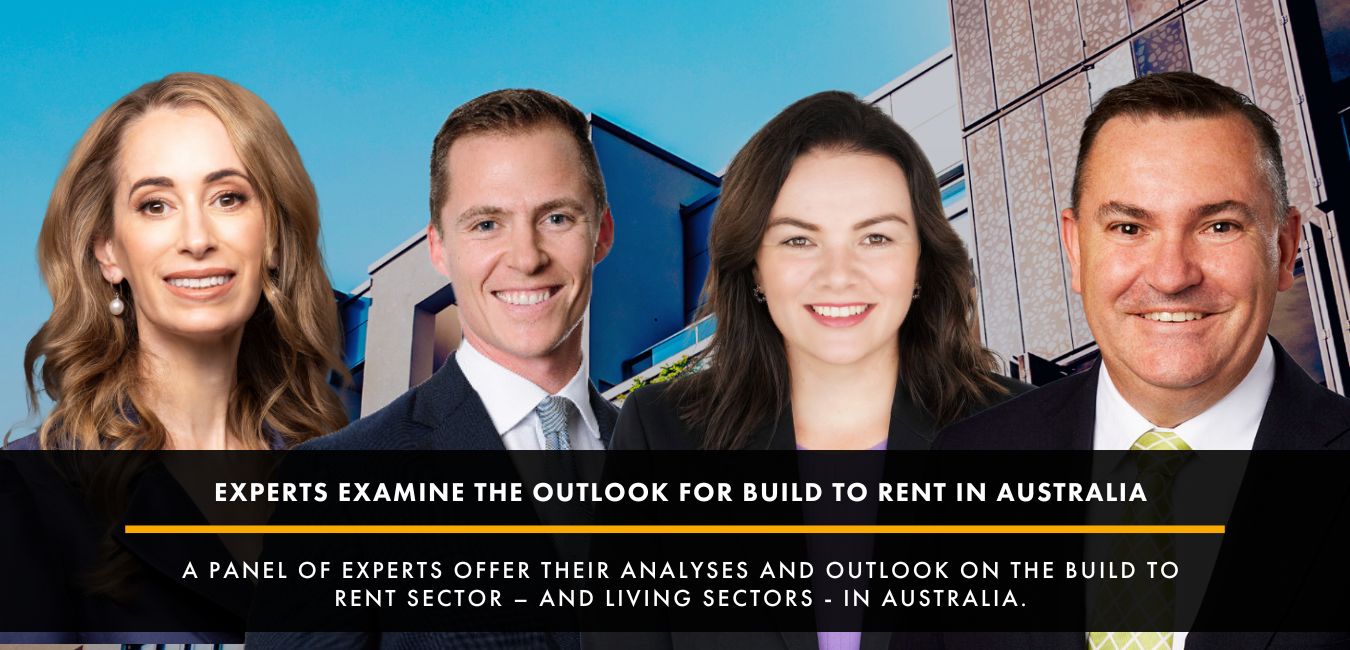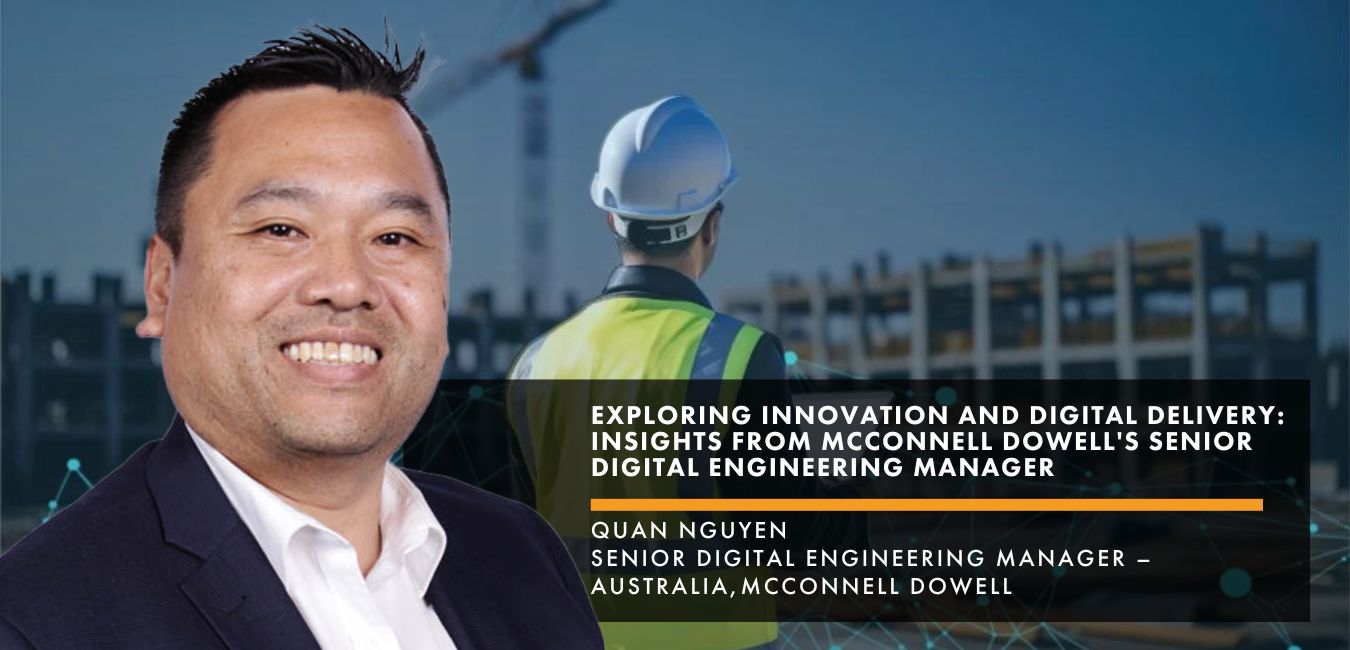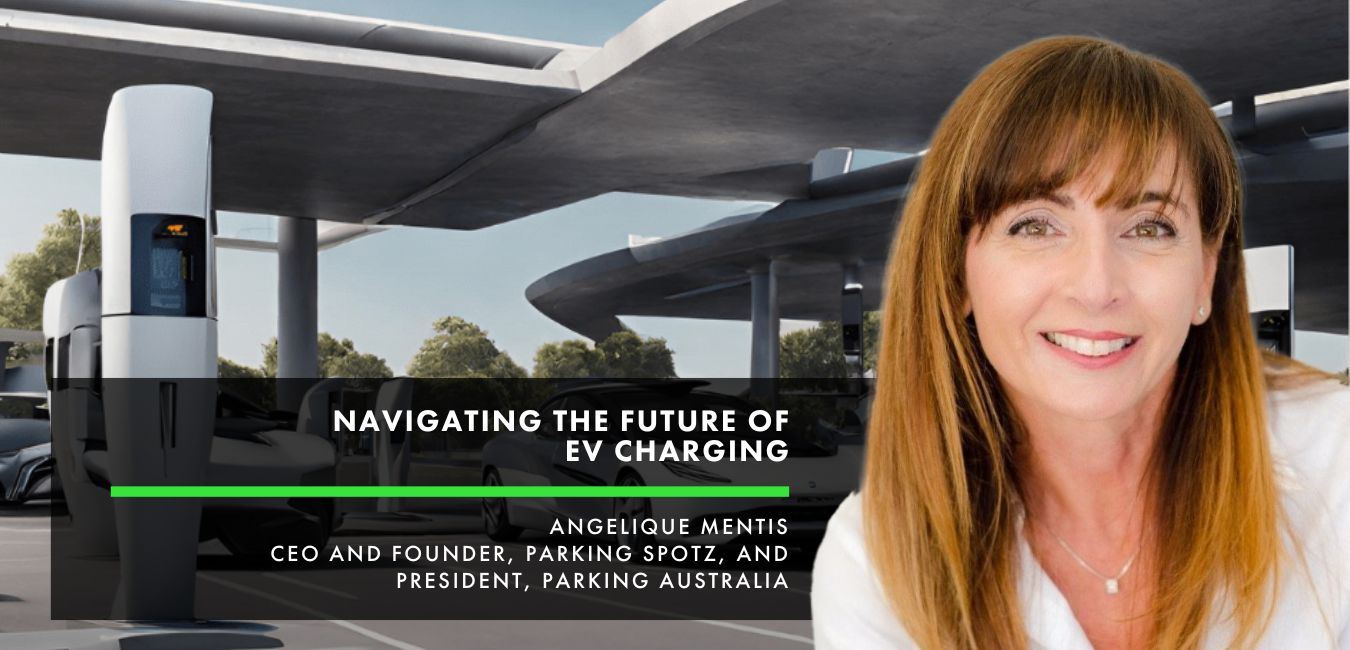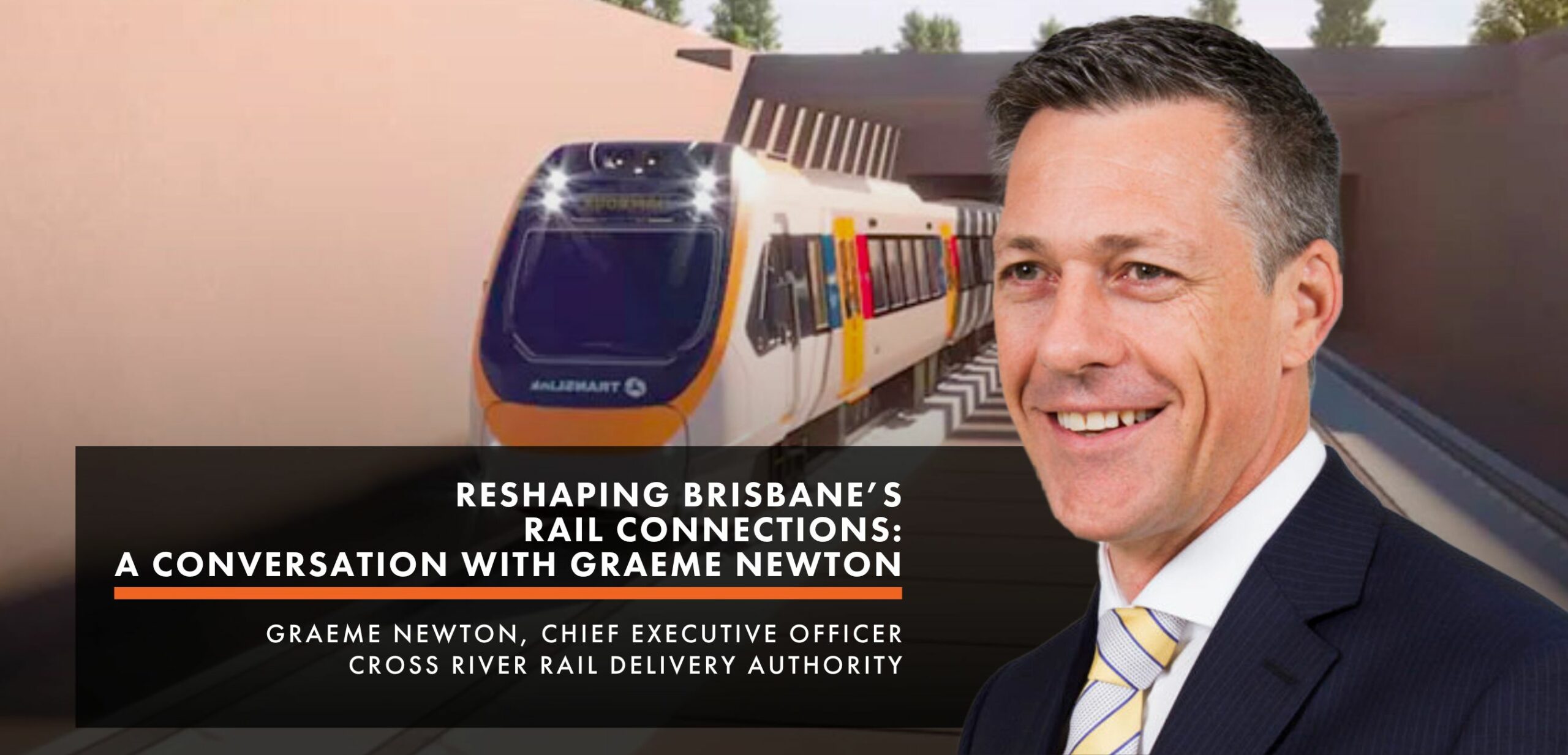FuturePlace Interview Spotlight, Alex Belcastro.
FuturePlace recently interviewed Alex Belcastro, Senior Vice President, Precincts at NorthWest – a global real estate investor and asset manager focused on healthcare, knowledge and research. We explored topics from emerging technologies like AI, to ESG standards, to risk and return assessment, the short stay hospital model and more.
FuturePlace: Could you tell us about your role?
Alex Belcastro: I work primarily on precinct assets across origination, development and leasing for our listed and unlisted funds.
Precincts are a key strategic focus for Northwest. We have prioritised the development of precincts because they build competitive advantage for our tenant operators who continue to face substantial market headwinds, but best of all they drive real estate value. We tend to see that our precinct assets aggregate market-leading experts and attract the highest quality tenants and partners.
As a global leader in healthcare real estate, Northwest sees enormous benefit in taking a longer-term view as we build out precincts across growth corridors, in established communities and within landmark innovation precincts. My role is also focused on building collaboration between the public and private sectors to deliver much needed critical healthcare infrastructure and breaking down some of the entrenched barriers that have existed.
FP: How have economic/sector factors affected your company’s investment decisions?
Alex: At the core of our business model is a commitment to long term ownership of high-quality healthcare assets. The key benefit of healthcare real estate is that it is not as impacted by economic cycles as other sectors. However, we are heavily influenced by changing bond and interest rates as this impacts the return hurdles of our funding partners, or our listed vehicle Vital. Increases in the cost of capital, both debt and equity, can from time to time reduce our appetite for new acquisitions. These times can also make us more cautious around new developments unless there is a compelling strategic reason and construction pricing makes sense.
This conservatism will remain the case until construction costs come down, rents go up or costs of capital reduce, and it may be a mixture of all three. Having said that, there are some projects that just make sense strategically, have secured operators and are bucking the trend and getting there returns wise and are proceeding even in this challenging market.
FP: How could the short stay hospital model impact the healthcare sector?
Alex: Day only, or high-volume short stay models are not new; but Australia have adopted them more slowly than other developed countries. For some time now due to several forces we have seen shifts in sights of care, and an increase in ambulatory facilities with limited to no overnight care.
From a real estate perspective this has given rise to different types of assets, more mixed use, multi-tenanted buildings – anchored by a day surgery for instance, with support services such as allied health, medical consulting suites, imaging and pathology services. These assets have been present in North America and Europe for many decades and are now becoming common place here. Having said this, the underlying demand for acute overnight facilities is still there with increases in chronic disease and an aging population driving demand for traditional hospital assets and in some cases additional beds to meet unmet demand in key specialities.
FP: What emerging innovations/technologies do you see benefiting healthcare real estate the most?
Alex: AI is one of the most interesting in our view. Globally, the healthcare system faces major cost and capacity issues and technologies that improve this constraint whilst improving outcomes are important. The impact of organisations such as Harrison.ai a healthcare technology company in Australia, founded by two remarkable brothers has the power to benefit millions of patients every day. Their AI technology focuses on clinical diagnoses and treatment.
How will this impact real estate, perhaps it will change how space looks and functions, or how embedded research and technology sits within the footprint of the sites of care. How our precincts function for clinicians and the types, size and configuration of research and clinical space within it, is important. We are asking ourselves how we build flexible environments that can be converted to meet changing operator needs and accommodate emerging technologies at low cost, in limited time.
FP: How do you ensure that healthcare real estate investments are sustainable and meet ESG standards?
Alex: We have reviewed all existing assets for a range of ESG criteria and upgrades / improvements are underway where practicable / appropriate. All new acquisitions and developments have ESG criteria as part of the investment / due diligence process. We expect this to be a growing focus for investors and ultimately for valuations.
We have seen ESG standards embedded into various sectors such as commercial and office for some time now and in comparison, the healthcare sector has been a laggard. We are excited about the role Northwest can play in changing that moving forward – through prioritising sustainability, both globally and locally, across the business to cultivate healthy and sustainable places and amplify the possibilities for our stakeholders.
We are committed to delivering our ambition for sector leadership in ESG, we have the first “Green Star Communities” registered health precinct at Macarthur Health Precinct, Stage 1 of which is just coming out of the ground with our partner GenesisCare, and the First “6-star Green Star” registered Medical Office Building in South Australia in the ~A$165 million Playford Health Hub anchored by Calvary Health Care.
We expect ESG standards and metrics to be a growing focus for investors and ultimately for valuations in the sector.
FP: How do you assess the potential risks and returns of healthcare real estate investments?
Alex: We have a detailed list of considerations including across ESG, valuation and long-term returns for both at an individual asset level and at fund / portfolio level. This helps ensure risks are considered periodically and at times e.g., acquisition or development considerations.
FP: How do you see the hospital of the future playing out in your portfolios across the funds Northwest manages?
Alex: Building and operating a hospital of the future seems farcical with the reality of what operators are facing in this current operating environment where prioritisation of maintenance capex, new robotic equipment and digitisation programs are taking priority.
Capital partners like Northwest need to be entrepreneurial and help drive change, by making major strides and investments that make it easier for operators to take the leap. Northwest is willing to be at the forefront and lead.
Digitisation, a hospital without walls and greater operational efficiencies including striving for clinical excellence and experience-centric innovative care can be overwhelming business models to pivot to for operators struggling to meet budgets and manage business as usual, and that’s probably why we haven’t really seen an operator, or an asset for that matter in Australia meet the mandate quite yet, but Northwest hope to change that through developing assets and making long term strategic commitments to a better healthcare future in partnership with leading operators.
Northwest is developing a A$140m asset for our NZX listed Vital Healthcare Property Trust which will be a new 6-Star Green Star life sciences facility in the Gold Coast Health and Knowledge Precinct. Once tenant fitouts go in, the building investment will well exceed $200m. The asset has all the hallmarks to be the closest thing to the future of health care in a real estate sense that Australia has seen. Importantly, the asset doesn’t focus on hospital beds, or an anchor hospital operator. It looks at the intersection of out of hospital care, digitisation and life sciences advances; it is appealing to university, public and private operators. We have already anchored a nationally significant lab. Led by interventional neuroradiologists Dr. Hal Rice and Dr. Laetitia de Villiers, who deliver the latest innovative treatments for stroke and brain aneurysms at Gold Coast University Hospital, the facility will showcase Philips’ interventional solutions and trial new technologies such as artificial intelligence, robotics and novel 3D printed anatomical models.
Our leasing campaign is now underway as we commence construction, we are excited to see the art of the possible for this very cutting edge and bold asset in one of the most innovative health and knowledge precincts in Australia.
It is my hope we secure tenants in the building that aspire to do things better and make the investments needed to improve operational efficiencies, drive clinical excellence, and improve consumer experience.
Healthcare in Real Estate Summit
Alex will be speaking at the Healthcare in Real Estate Summit, taking place on 31st May 2023. It will bring together key players from across the entire ecosystem – organisations engaged in healthcare real estate design, development, investment, leasing and management – to discuss strategies for delivering superior patient facilities and outcomes in alignment with new technology and increasing demand.

